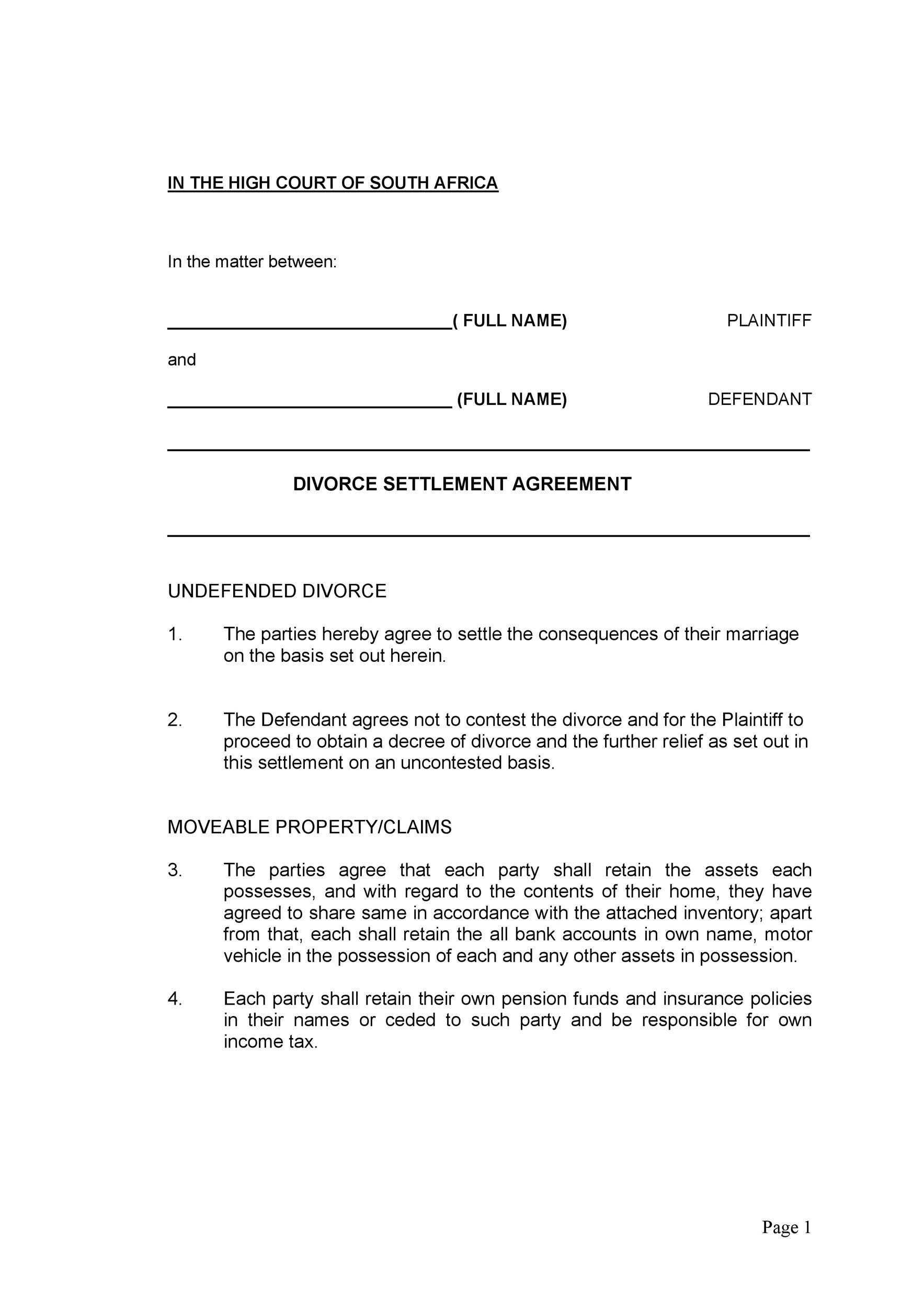
Read More: How Retirement Accounts and Pensions are Divided in a Divorce Separate Propertyīefore assets can be divided in Connecticut, it must be decided which assets are marital assets and which assets are separate assets. As the leading brand in online QDROs, QDRO Counsel is dedicated to making sure you get the most out of your Qualified Domestic Relations Order.ĭetermining the exact value of pensions and retirement accounts can be a complex process, and many times an expert such as an accountant, business appraiser, pension valuator, actuary, or a certified divorce financial analyst is retained to make an accurate assessment. To get a QDRO online, we recommend utilizing the services of QDRO Counsel. After approval, the account is divided according to the specifics of the QDRO. Then it is submitted to the plan administrator who must also approve it. The QDRO must be drafted by an attorney and approved by the courts. It may be decided to keep the marital house in exchange for giving up interest in a retirement plan, for example. A spouse may receive a share greater or less than 50% depending on the other terms of how assets are divided. Retirement plans are split by executing a qualified domestic relations order, or QDRO. Any amounts before a marriage or after separation are considered separate property. But this applies only to the amounts accumulated during marriage. This means they are and subject to equitable distribution laws. Pensions and retirement accounts are considered marital property in Connecticut. Pensions, IRAs, 401Ks and Retirement Plans Keep in mind that all divisions of assets are subject to court review and approval to ensure a split is just and fair. The same applies to gifts given specifically to only one person.Īnother way to protect a gift or inheritance is to have a spouse sign a pre- or postnuptial agreement agreeing that the asset belongs exclusively to the other spouse, no matter how it is characterized in the marriage. In Connecticut, if you inherit money or real property, and if you keep that separate and do not commingle it into the family’s finances, you will have a much better chance of keeping that asset to yourself in a divorce. The card issuer can take collection actions against the other spouse for the entire amount due.

Not doing so could have an adverse impact on their finances and credit score. Unless both sides can agree, the court will make a binding determination on both the assets and liabilities.Ĭreditors are not bound by a divorce, so if a debt is assigned to only one spouse, the other could still legally be held responsible for it until they take action to have their name removed from the obligation. They are split in a fair and equitable way, but not always on a 50/50 basis. DebtsĬourts divide debts in Connecticut the same way they divide assets. This will include the length of the marriage, the reason why the marriage ended, the contributions of each spouse, tax consequences, if one spouse will be responsible for taking care of minor children, sources of future income and employability of each spouse, and the contribution each spouse made in acquiring, maintaining or appreciation of martial assets, among others. separate property.Ĭourts will look at several factors in determining an equitable distribution. To help the court, both sides must complete a Court form called a Joint Statement of Marital Property that will be used as a basis for determining marital vs. Separate property is awarded only to the spouse who owns it and will not be a factor in dividing assets. Most assets spouses accumulate during a marriage are considered marital property, but there are exceptions, such as with gifts or an inheritance. Prior to dividing assets, it must be determined which assets qualify as marital property in Connecticut. It does not mean that they are always divided equally on a 50/50 basis. This means that all marital assets are divided in a fair and equitable way. Marital Property and Division of Assets in ConnecticutĬonnecticut is an equitable distribution state. Equitable Distribution and Asset DivisionĮquitable Distribution and Asset Division.Here are some of the important legal issues that are common to many divorces in Connecticut: This guide will help you understand the rules and procedures so that you can equip yourself with the information you need to get through a divorce in Connecticut. If you are considering a divorce in Connecticut, it is important to understand the divorce laws and how they apply to your situation.


 0 kommentar(er)
0 kommentar(er)
